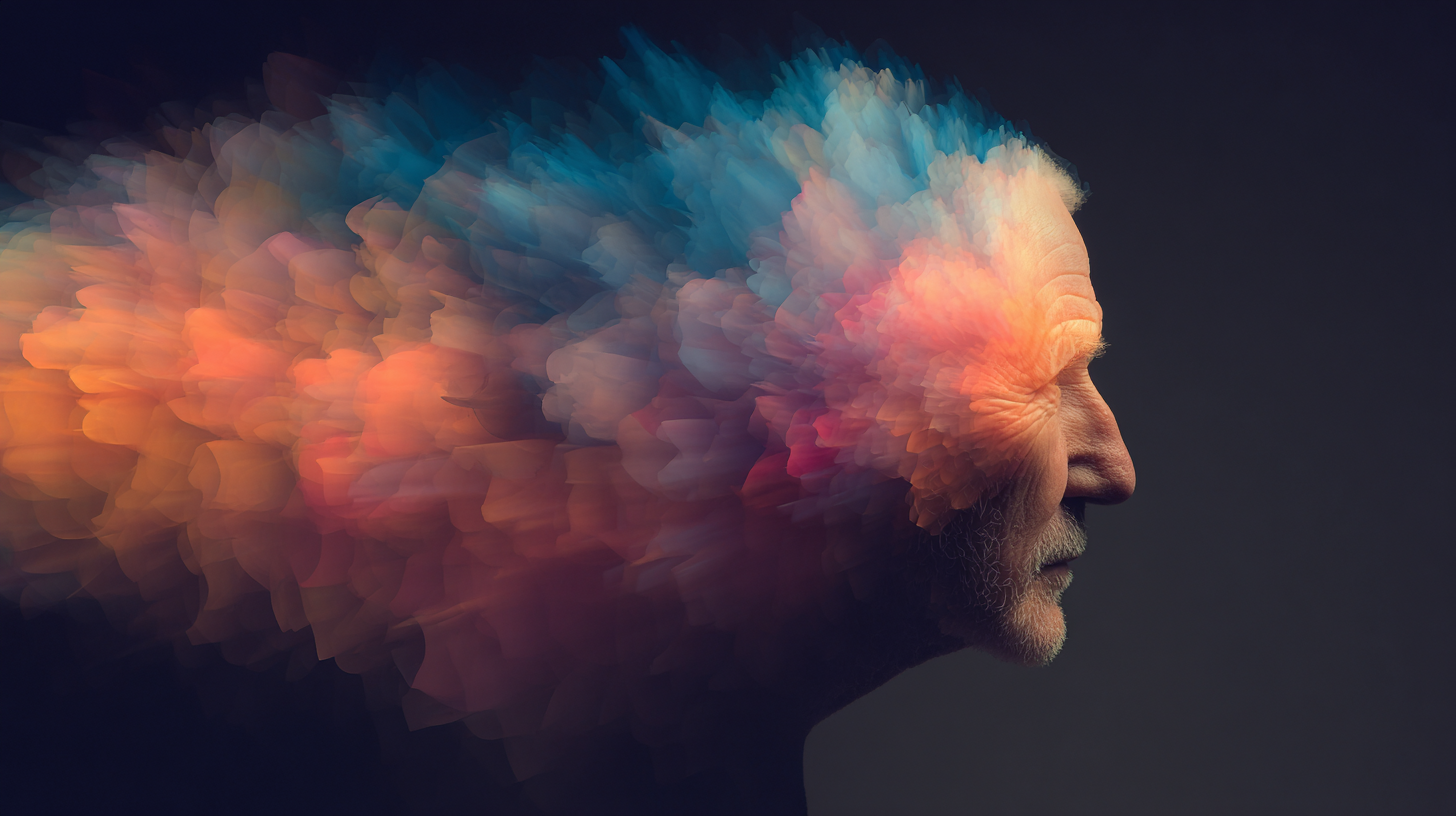The New Fight Against Alzheimer’s: Bill Gates Relies on AI
Alzheimer’s—the very word sends a chill down many people’s spines. The disease gradually robs millions of their memories, personality, and independence. For relatives, it’s often a slow and painful process. Despite decades of research, there is still no cure, only approaches to slow down the symptoms.
But now, fresh momentum is coming to research: Bill Gates, founder of Microsoft and one of the world’s most famous philanthropists, has launched an international competition. The goal: to bring together the brightest minds and most innovative ideas to use artificial intelligence (AI) to find new ways in the fight against Alzheimer’s.
What is Alzheimer’s and Why is It So Difficult to Defeat?
Alzheimer’s is the most common form of dementia. Those affected gradually lose their memory, their ability to think, and eventually, everyday skills. The disease primarily affects older people, but its causes are still not fully understood.
What makes Alzheimer’s so insidious? First, diagnosis is difficult: symptoms develop gradually and are often dismissed as normal signs of aging. Second, there is currently no therapy that can truly stop its progression. Medications can at best improve quality of life for a limited time.
Scientists suspect that a combination of genetic, biological, and environmental factors plays a role. The complexity of the disease makes it extremely difficult to develop effective treatments.
Artificial Intelligence – Hope for Medicine
This is where AI comes into play: Artificial Intelligence refers to computer programs that perform tasks that normally require human thinking and learning. This includes, for example, recognizing patterns, processing large amounts of data, or drawing conclusions.
AI is already being used in medicine today, for example, in analyzing X-rays or evaluating blood values. A computer can compare thousands of cases in a very short time and spot abnormalities that a human might miss.
Especially with complex diseases like Alzheimer’s, AI offers great opportunities. It can help detect early warning signs in patient data, uncover new connections in research, or even find approaches for medications that have previously been overlooked.
Gates’ Competition: How AI is Supposed to Defeat Alzheimer’s
Bill Gates’ new competition is more than just prize money. It’s a wake-up call to the global science and tech community: bring your know-how, think outside the box, dare to try new things! The competition invites researchers, startups, and tech companies to develop AI solutions for diagnosing, predicting, or even treating Alzheimer’s.
The call for proposals is deliberately broad: projects are sought that, for example, use machine learning—a subfield of AI that enables computers to learn from examples—to identify new biomarkers, that is, measurable indicators in blood or the brain that point to the early stages of Alzheimer’s. Also in demand: software for analyzing speech patterns or movement profiles that can detect changes at an early stage.
Bill Gates is not only providing funding but also bringing leading research institutions and investors together. The goal is to bring the best ideas from the lab to the real world as quickly as possible. The first projects have already started—such as algorithms that compare MRI images of brains or apps that automatically analyze changes in patients’ daily lives.
Opportunities, Risks, and Ethical Questions
Where there are great opportunities, there are also risks. AI systems require huge amounts of data, such as patient records or images. This immediately raises the question of data protection: Who is allowed to use which data? How is it anonymized? And what happens if an AI system makes a wrong diagnosis?
Bill Gates and the competition organizers place great emphasis on high ethical standards. Participants must demonstrate that they handle sensitive data responsibly and make their methods transparent. It is also ensured that results benefit not just an elite, but as many people as possible worldwide.
What Does This Mean for You?
You might ask yourself: What does this have to do with me? The answer is simple: Alzheimer’s can affect anyone—directly or in your circle. Research with AI gives hope that one day we might be able to stop the disease. With every progress, the chance grows that you, your family, or friends will benefit from better diagnostic or treatment options.
You can follow developments by staying informed about initiatives like the Gates competition, reading science journalism, or even getting involved in citizen projects. The future of medicine is being shaped today—and AI is a decisive building block.
Source: The information about the competition and Bill Gates’ involvement comes from a recent Observer report: [Bill Gates Launches $5M Competition for AI Breakthroughs in Alzheimer’s Treatment](https://observer.com/2025/08/bill-gates-launch-competition-ai-alzheimers/)























